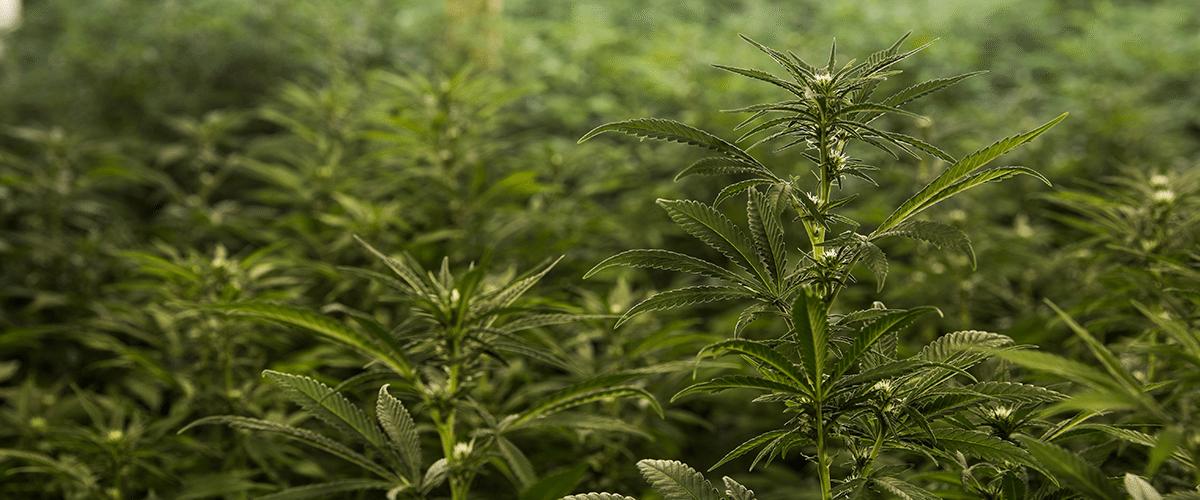[vc_row][vc_column][vc_column_text]
A group of 14 district attorneys throughout the United States has come together to figure out cannabis policy.
A newly formed policy committee comprised of 14 district attorneys has come together to create a trade group that will issue advice on cannabis policy.
Initial reports about the National District Attorney’s Association (NDAA) committee indicated it was created specifically for advising President Donald Trump and his administration. Boulder County District Attorney Stan Garnett, one of the prosecutors on the task force, said in an interview with Boulder Daily Camera that the committee “will be largely advising on what our policy position should be in communications with the Trump Justice Department.”
However, Nelson Bunn, the director of policy and government affairs for the district attorney’s, sent an email to Marijuana Business Daily clarifying that the group is not affiliated with the Trump administration.
“[The NDAA had] formed an internal working group made up of prosecutors from around the country to develop association policy on the subject of marijuana. Contrary to other reporting, the working group is not affiliated with any other organization or entity, including the incoming administration. Previous reporting included misstatements that do not adequately reflect the makeup, purpose or discussions of the working group.”
The trade group is working on a policy paper that it will eventually offer to the White House, however whether the administration reads or acts on the advice will be up to White House officials.[/vc_column_text][/vc_column][/vc_row][vc_row][vc_column][vc_single_image image=”17313″ img_size=”1200×250″ onclick=”custom_link” img_link_target=”_blank” link=”https://www.medicalmarijuanainc.com/education/#cannabis-legality”][/vc_column][/vc_row][vc_row][vc_column][vc_column_text]In addition to District Attorney Garnett, Boulder Daily Camera identified Tom Raynes, executive director of the Colorado District Attorney’s Council, as another member on the committee. The remaining 12 members, however, remain unknown and the group has said it won’t be distributing information on members of the task force. The political makeup of the committee and whether or not it will suggest the loosening of federal cannabis laws therefore also remains unknown.
The inclusion of Garnett, a supporter of legalization, could be a positive sign for cannabis advocates. He told Boulder Daily Camera that he’s been happy with the effects of legalization in his own state of Colorado.
“I always end up on the more liberal position than anyone else, particularly on marijuana,” Garnett said. “I think one of the things that happens is that many of the people in states where there is no legalization have a complete misunderstanding of states like Colorado. If nothing else, I’m able to say, ‘Wait a minute, this is a huge business in Colorado, it is largely supported by the editorial boards, polls show it was being very popular, and by and large we have not seen an impact on crime rates.’”
Marijuana continues to be a Schedule I substance and is therefore federally illegal. However, 28 states have implemented comprehensive medical marijuana laws and eight have legalized recreational marijuana. Under President Barack Obama’s administration, the Department of Justice had made enforcing federal law in states where marijuana was legalized low priority. What the Justice Department’s approach will be under Trump’s administration remains unknown.
You can learn more about cannabis laws throughout the U.S. by visiting our education page.[/vc_column_text][/vc_column][/vc_row]






